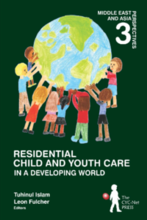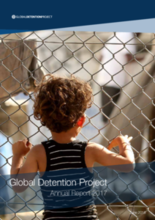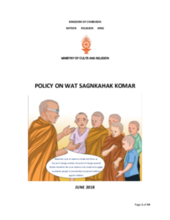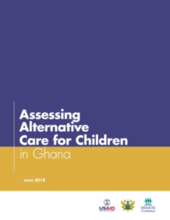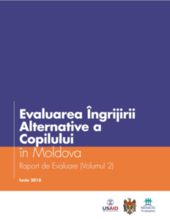Displaying 661 - 670 of 1510
This article explores the long history of institutions for children in Australia and of the existence of abuse within them.
This article reviews Australia's national redress scheme proposed by the Royal Commission into Institutional Responses to Child Sexual Abuse and proposes two corrective measures: adopting an inclusive understanding of sexual abuse in closed and open settings, and addressing the negative bias that may result from care leavers’ lower social status as children compared to that of non-care leavers.
This volume offers glimpses of extended family care as well as residential child and youth care in 25 countries never gathered together before in one collection.
In this study, the authors interviewed 46 professionals who had contact with young people in residential care settings in New South Wales, Australia about their perceptions of the link between residential care and contact with the criminal justice system.
This annual report from the Global Detention Project presents an overview of its efforts and achievements in exposing the practices and impacts of immigration detention 2017, including the detention of migrant children.
En este documento se presentan los principales resultados de una investigación se propuso conocer las dinámicas y trayectorias de transición del sistema de cuidados alternativos a la autonomía de los y las jóvenes que vivieron en instituciones de cuidado residencial de la Ciudad de Buenos Aires, Argentina.
This Wat Sangkahak Komar policy (or Child Safeguarding Policy) is part of the comprehensive mechanism within pagodas in Cambodia to respond to suspected and reported cases of violence against or abuse of children.
This report, in the Moldovan lanugage, presents the findings of an assessment workshop aimed at informing action planning to address priority needs identified in alternative care for children in Moldova.
This report presents the findings of an assessment of Ghana's national alternative care system aimed at supporting the government and its partners in continuing to advance alternative care.
This report, in the Moldovan langauge, presents the findings of an assessment workshop aimed at informing action planning to address priority needs identified in alternative care for children in Moldova.

